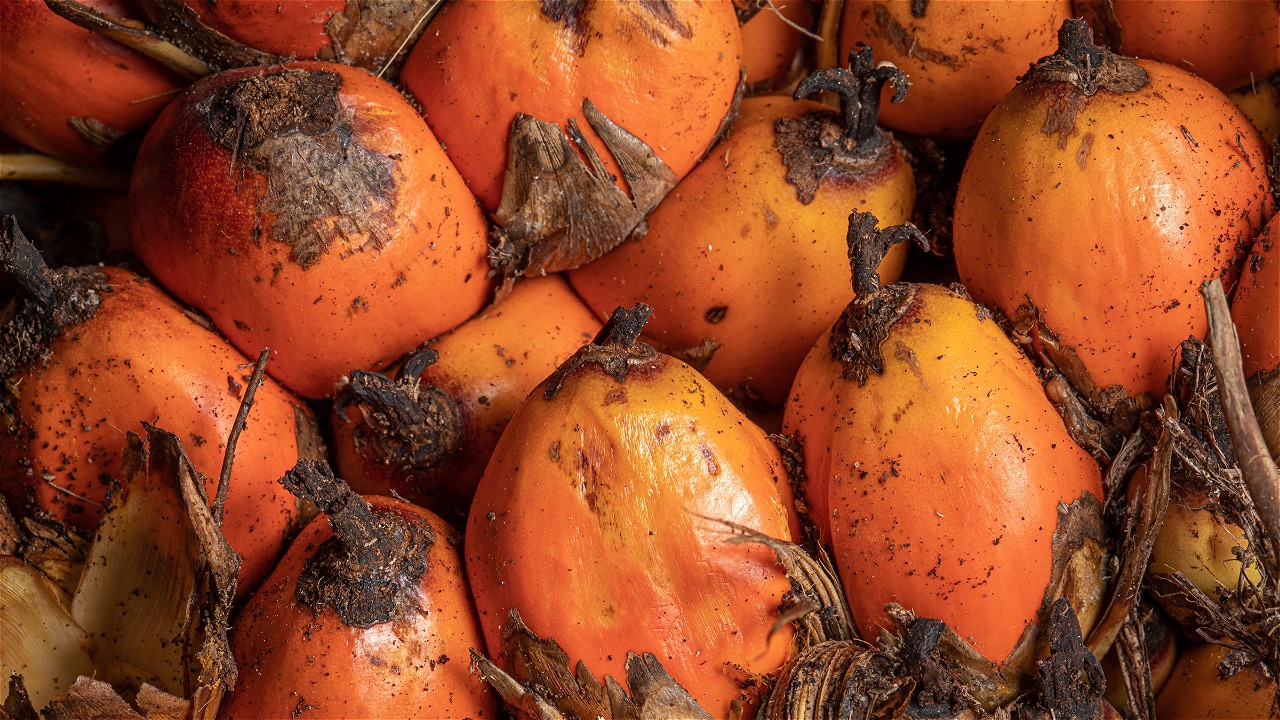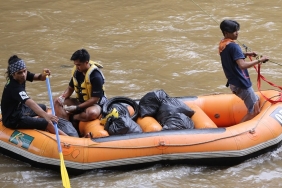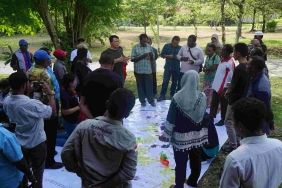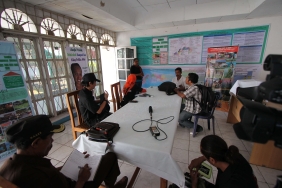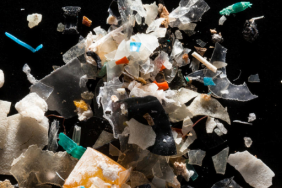ISPO SHOULD NOT DWARF INDONESIAN PALM OIL
Jakarta, October 11, 2016 - As a country providing 52% of the world's palm oil supply with an area of 11.4 million ha, palm oil is an important commodity for Indonesia. Around 40% of palm oil production in Indonesia is produced from smallholder plantations managed by oil palm farmers, with average production between 12-14 tons/ha/year[1].
The Union of Oil Palm Farmers (SPKS) welcomes the Indonesian government's efforts to strengthen Indonesia's sustainable palm oil certification, ISPO (Indonesia Sustainable Palm Oil) and provide support for oil palm farmers. A few months ago, the Coordinating Ministry for Economic Affairs established the ISPO Strengthening Team based on Decree No. 54/2016 on the Team for Strengthening the Indonesian Sustainable Palm Oil Certification System (ISPO Certification System).
The Chairman of the Union of Oil Palm Farmers (SPKS), Mansuetus Darto, said that ISPO must indeed provide a special mechanism for the certification of oil palm farmers, especially independent farmers, who experience many difficulties in the field.
"It is right if ISPO standardization is voluntary for farmers, not an absolute obligation. But do not let medium and large companies also get this kind of convenience. Actually, the obligation in ISPO is the implementation of laws and regulations that must be obeyed," said Darto. "If ISPO standardization is voluntary without exception, the result will be breaking the law. If so, our palm oil will be 'dwarfed' again. Its certification is not trusted and it is impossible to get international market opportunities."
SPKS hopes that the government can build a clear road map for the process of strengthening ISPO and supporting the empowerment of farmers towards ISPO certification. The roadmap needs to consider strategic issues for farmers in the field including legality, institutions, availability of seeds and fertilizers, funding and concrete benefits of ISPO certification for farmers. ISPO must be able to become a tool for the transformation of the palm oil industry and not just a label.
IMPROVE OFFERING POSITION
Putra Agung, Sustainable Palm Oil Program Manager at WWF Indonesia, said "The process of strengthening ISPO must be seen as an opportunity to improve the bargaining position of Indonesian palm oil compared to other countries' production," Agung explained. "We must be keen to see the important components that must be in place to ensure ISPO becomes a recognized certification in Indonesia and in the global market".
One of the important components identified by SPKS is the existence of independent monitoring from both civil society and market monitors. Independent monitoring will maintain the accountability of ISPO and ultimately increase acceptance of ISPO. Indonesia itself has an example of a Timber Legality Verification System (SVLK) with an independent monitoring instrument. The Independent Forest Monitoring Network (JPIK) is a civil society group recognized by the government and monitors the implementation of the SVLK system. This is considered successful and efficient to ensure transparency in the certification process.
"We disagree with the notion that the government needs to be cautious in including independent monitors in the ISPO institutional structure. There are many examples of other certifications that are more trusted because of the presence of independent monitors, "concluded Darto.
HANDLE THE ROOT OF THE PROBLEM
To ensure its members' readiness for certification and sustainable practices, SPKS has led and been actively involved in various activities with a focus on getting to know farmers better through social & economic data collection and participatory mapping. One of them is the effort to uniform the data collection mechanism related to smallholders through the 'Sahabat Petani Sawit' consortium which involves more than ten organizations that support the realization of oil palm farmers in a sustainable manner.
"For us, the important thing is to work concretely to address the root causes of problems in the field," said Darto. "Many programs for smallholders are ineffective because there is no accurate data about them. If left unchecked, of course the ISPO certification process for farmers will also be difficult" he continued.
By the end of September 2016, SPKS had managed to collect social & economic data as well as farm area maps (polygon) for more than 2000 farmers through participatory methods. From this data, SPKS is currently analyzing and summarizing the key issues faced by smallholders in the area in the form of policy recommendations. Future ISPO strengthening can utilize the efforts that have been running in the field to design certification with a high bargaining position and acceptance by various stakeholders while not ignoring aspects of sustainability.
For more information, please contact:
- Dian Mayasari, SPKS Secretariat
Website: ww.spks.or.id, Phone: 0251-8571263, Fax: 0251-8324097
- Putra Agung, Program Manager - Sustainable Palm Oil Market Transformation Initiative WWF Indonesia
Email: [email protected], Mobile: +62 811 119 1881
[1] Diagnostic Study Analysis Notes. Independent Palm Oil Farmers of Tambusai Barat Village, Tambusai District, Rokan Hulu Regency, Riau. SPKS, September 2016.

